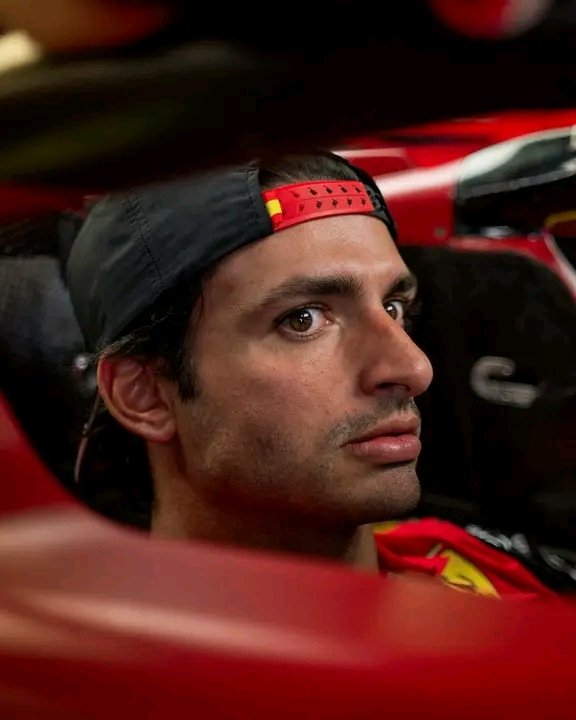Ferrari driver Carlos Sainz Jr. has called for a full-scale investigation by the Fédération Internationale de l’Automobile (FIA) into the events surrounding the Monaco Grand Prix, alleging potential race manipulation. Sainz, who finished fifth after a strategic gamble that ultimately backfired, voiced his concerns following the race, suggesting that the FIA’s race control decisions, particularly regarding safety car deployments and the timing of virtual safety car (VSC) periods, unfairly disadvantaged several drivers, including himself. He pointed to inconsistencies in the application of regulations and the perceived leniency towards certain teams, hinting at a possible systematic bias impacting the fairness of the competition. Specific instances of alleged irregularities were not immediately detailed, but Sainz indicated he would be providing the FIA with supporting evidence.
The controversy centers around the timing of a late VSC period which bunched the field together, significantly altering the race positions and strategic plans of several teams. Sainz’s frustration stemmed from his belief that the deployment of the VSC was either unnecessarily prolonged or prematurely ended, thus affecting his chances of gaining positions. This, coupled with other perceived inconsistencies in the race’s management, has fueled speculation amongst fans and pundits that the outcome of the Monaco Grand Prix might not accurately reflect the drivers’ true pace and skill. The allegations have sparked a considerable debate within the Formula 1 community, with some echoing Sainz’s calls for greater transparency and accountability from race control.
The FIA has yet to respond formally to Sainz’s request for an investigation, but the governing body is known to take such accusations seriously. An internal review of the race events is widely anticipated, possibly encompassing a detailed examination of radio communications, telemetry data, and strategic decisions made by both race control and the teams. The outcome of any such investigation will have far-reaching consequences, potentially impacting the final race classification and setting a precedent for future race management. The timing of the investigation’s conclusion remains uncertain, but the potential for altering the official results of the Monaco Grand Prix is undeniable.
Sainz’s accusations are particularly significant given his standing within the sport. As a seasoned driver for a top-tier team, his public call for an investigation carries considerable weight and could trigger a wider examination of the FIA’s race management procedures. The incident highlights a growing tension between drivers and the governing body regarding the perceived inconsistencies in the application of rules, particularly concerning the use of safety cars and VSC periods, which can significantly impact the outcome of races, especially on tight and challenging circuits like Monaco. The demand for greater transparency and accountability within the FIA is likely to intensify following this incident.
The outcome of this situation remains to be seen. While the FIA holds the power to dismiss Sainz’s claims or to launch a comprehensive investigation, the incident underscores the need for consistent and transparent race management in Formula 1. The implications extend beyond the Monaco Grand Prix, impacting the perception of fairness and the integrity of the championship. The ensuing discussion will inevitably focus not only on the specific events of the Monaco race but also on the broader question of how to ensure a level playing field for all competitors, a critical aspect for the future of the sport.
